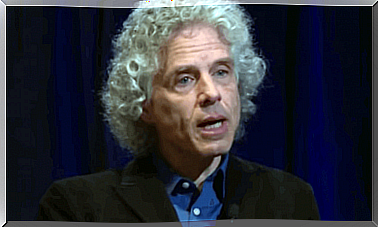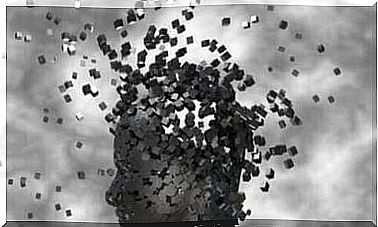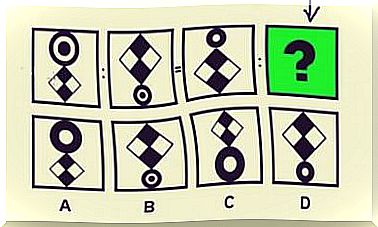Measured Silence: A Form Of Manipulation

Silence measured, or even measured, can be a form, like many others, of passive aggression. It is defined as a calculated management of communication in which silence plays a primordial role and which aims to control and weaken another person or his position. We don’t always manipulate through words, we also do so through silences. This tactic is very harmful as it makes powerful use of the chameleon technique.
It is called measured or well-dosed silence because it is not constant, such as when someone ignores you or stops talking to you. In this type of manipulation, we mix up agreement and disagreement. And all of this is done arbitrarily. It is the manipulator who decides the rhythm of the communication in search of his interests, and in which the other is no more than an instrument.
“Sometimes silence is the worst lie.”
-Miguel de Unamuno-
As silence itself is a form of expression that is very ambiguous, the victim ends up feeling very confused or anxious. She ultimately doesn’t know what to think and spends a lot of time and emotional energy trying to figure out what each silence means. She feels insecure and doubts everything she does. She often ends up thinking that she has a problem, that she does not know how to interpret things or she gives an exaggerated importance to these silences.
How does this measured silence manifest itself?
Measured silence manifests itself in many ways. One of the usual ways is when the manipulator tries to get you to talk first and about everything. It is not a form of politeness. He lets you talk just to probe yourself, to get information and to study yourself. But beware, all those who make you speak first are not manipulators either. This behavior must be frequent or constant, and have an intention. This person talks little about himself or does so evasively.

Measured silence also arises when someone suddenly breaks communication and then unexpectedly re-establishes it. She stops answering your calls or messages as if nothing happened. And if you ask her why she is distant, she will tell you that nothing is happening, that these are your impressions and that they are wrong.
In the same way, the silence is well measured when one imposes a kind of censorship on certain subjects, without explanation. When you try to talk about something, the other person evades the topic or refuses to give details. This, of course, applies to issues that are important to both parties. The negative is not that someone does not want to talk about something in particular, but that it is systematic and that they do not give any explanation, knowing that this attitude affects the other.
Finally, measured silence often leads to silence things because, “supposedly” it is better that the other does not know it. This applies to matters that directly concern the person from whom information is being hidden.
Speech is powerful, but so is silence
What distinguishes manipulative silence from spontaneous silence is the goal. Anyone who uses this strategy of sheltering in the absence of words is doing so in order to control everything. He knows he generates confusion, he projects insecurity and that is precisely what he is looking for. Hiding behind silence leaves the other unarmed to act on equal terms.

We must not confuse manipulative silence and shyness. Not everyone has spontaneous communication skills. There are those who need the time and understanding to express what they are thinking and feeling. They do not speak because they suffer from shyness, insecurity or lack of confidence. But their goal is not to control others. Rather to protect themselves.
The measured silence is distinguished by the effect it generates in the other. It is alternated by apparently ‘normal’ communication. It is an absence of words that gives the sensation of hiding something. As he is subtle, we can hardly face him, under penalty of being accused of paranoid or fanciful. However, as subtle as it is, it does a lot of damage in a relationship and especially on the person who is the object of the practice.
This type of silence can be extremely aggressive, especially since it engages communication on slippery ground. Misunderstandings and assumptions abound in everyday life. And the abuse as such is difficult to uncover, except in its concrete effects. If the other, after being told about his attitude, does not stop this toxic practice, there is no other way than direct and explicit rejection. Take your distance!
Also read:
Images by Pablo Thecuadro









